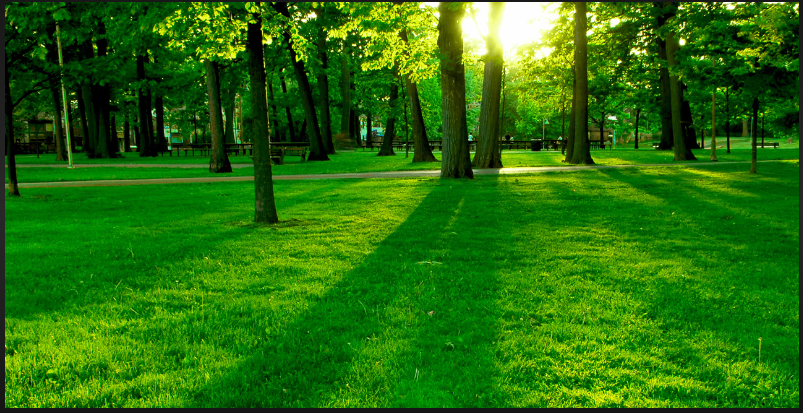What Do you Meant By Environment
Do you ever read about the Environment? if not, then I am here to tell you how the different biotic and Abiotic factors of the Environment make interactions with each other and form the complete Environment. According to Webster ” Environment is the home for Biotic and Abiotic” So, Guys here I am going to discuss about the Environment in simple words by making it easy for you to read.
What is the Environment?
Everything that is around us is our environment. This includes animals, plants, friends, our parents, and our homes. When one speaks of environmental protection, one means measures with which plants and animals, the water, and the air are protected from Air Pollution.
The word “environment” means first of all the surroundings, i.e. everything that is around you. But this is more than that. All living things are dependent on their env and vice versa. The environment changes living things and living things change their environment and cause Climate Change. Environment and living things have a lot to do with each other. Today, therefore, the word “environment” often means all of nature.

The term “environment” has only been around for about 200 years. But it only became really important after the 1960s, when some people realized that humans had a bad impact on the environment. Above all, they polluted the environment: exhaust fumes from cars and heaters polluted the air. Flushing toilets and sewage Water from factories polluting rivers, lakes, and seas also causes Water Logging. More and more people didn’t want that and started to protect the environment.
History of Environment
From the 1970s onwards, schools also began to talk more about the env. They also want to teach the children how to behave in an environmentally friendly manner. Subjects such as natural history, geography, and history were given common titles such as “People and the Environment”. Scientists from many subjects such as biology, geology, and chemistry have begun to teach environmental sciences at universities. Part of it is also ecology. In this subject, research is carried out on how to treat the env with care.
Today, people often talk about “Environmental development and susta inability
Environment is everywhere
Everything that is around you, what you see, hear, smell or taste – it all belongs to your environment. This includes your families and friends, houses, cars and roads. But when we talk about “environment” today, we first think of plants and animals, earth, water and air. All this is the natural that we have to protect – sometimes even from ourselves.
Cycle of nature
Most things in nature are interconnected. It is therefore also referred to as the “cycle of nature”. The poison that a farmer uses to fight pests gets into the fields, rabbits might get sick from it. If a sick rabbit is then shot by a hunter and later eaten, people can also become sick from it. If the poison seeps into the soil and gets into the water, fish and animals that drink the water can get sick. And even if too many exhaust fumes from chimneys and cars are blown into the air in the city, it can cause a lot of harm: people get breathing problems, and the trees die if they are too heavily exposed to the pollutants.
Environmental Protection
EP includes all measures that contribute to the preservation of the natural environment of people, so that soil, air, water, plants, and animals are protected. Since 1994, environmental protection has been defined as a national goal in the German Basic Law.
Also Read: